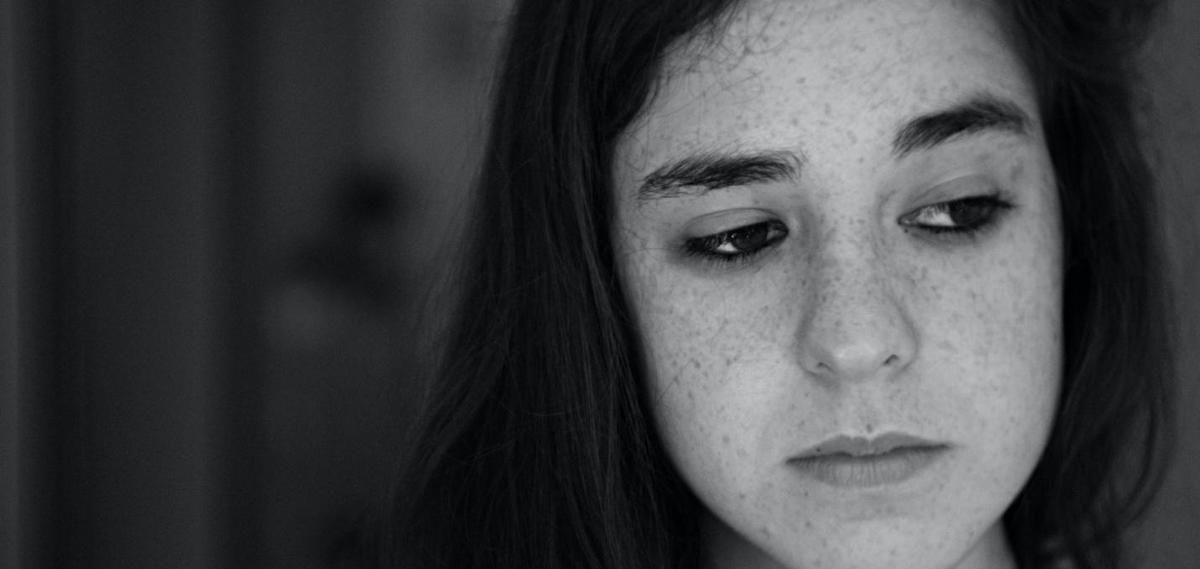What if we have already found a therapist but my child’s eating disorder is not getting better?
Getting the Help You Need
The biggest mistake that therapists make when it comes to eating disorders is to not ask about them at all. Many therapist and treatment providers do not have an adequate eating disorder assessment section in their intakes.
I have counseled hundreds of people over the years who have eating disorders and unfortunately I hear the same story over and over again, which is either “my therapist never even asked me about eating disorders in the intake so I never told me that I was throwing up 5 times a day” or “they assessed me very quickly but they never asked about it again.”
Jennifer's Story
If you are in this situation with your son or daughter, I want to give you some encouragement and advice about what to do, but first let me tell you about Jennifer, (name changed to preserve her confidence) who was a client of mine several years ago.
She's now back at school studying hard and taking part in the sports she loves. She's happy, healthy and smiling once more.
But it wasn't always like this.
As a twelve year old early developer she started being bullied and teased at school about her weight and her developing figure. She hated the comments and decided she had to do something about her weight. She started dieting and exercising, determined to lose any surplus pounds. Then, unhappy with how slowly the weight was dropping, she started to make herself throw up after just picking at her meals, and she started to exercise much more compulsively.
Can you relate? Perhaps I'm even talking about your daughter?
The Challenges She Faced
The months went by. Jennifer was eating so little she was barely keeping herself alive. Her sunny personality had disappeared. She was moody and irritable with everyone. Her parents were beside themselves with worry; they didn't know how to help. Mealtimes became battlegrounds. Arguments escalated out of hand. And family life was now entirely cantered on Jennifer and her eating disorder.
She saw a therapist every week for 8 months – alone, because the therapist wouldn't encourage her parents to be part of the therapy.
But Jennifer and the therapist never talked about her eating disorder, and Jennifer was still throwing up and felt there was no solution.
By the time she was fifteen Jennifer was deeply unhappy and extremely ill. She felt fat even though she was severely underweight for her height and build. The taunts at school had changed – now they whispered behind her back about how ill she appeared.
Recovery is Within Reach
One day, her mother heard about The Body Image Counseling Center and contacted me. Here's what she wrote to me after Jennifer came to see us and reached recovery:
_____________
"Thank God we found you when we did. You have done so much for Jennifer and for our family. It's so wonderful to have our daughter back from the brink, once again happy and healthy. We cannot thank you enough."
_____________
Please know it is possible for people to recover from an eating disorder that seems to have taken over their life and their personality. And it is possible to recover relatively quickly once you have the right information and the right support, but that is the key!
If you have never used a therapist before, it can feel uncomfortable and difficult to ask him or her about their qualifications and treatment approach, but it is very important that you do so. A good therapist will not make you feel ashamed or stupid for questioning them about your treatment; in fact, they should welcome your questions and concerns and offer you a session or phone consultation in order to answer them.
The Importance of Team Treatment
It is very important to use the team treatment approach with eating disorders and a treatment team ideally consists of the patient’s primary doctor, psychiatrist, therapist, nutritionist and sometimes community and family members who are supportive.
Now, while I can't work with everyone face-to-face, I can share the same information I gave to Jennifer and her family that helped her to recover and can help your loved one to recover too. And unlike some therapists I firmly believe in including parents in the whole treatment experience. I consider that you, as parents, are crucial to the success of any treatment program. And I believe, deep down your child does want to have a loving relationship with you even if it doesn't seem like that at times!
We have helped dozens of young girls like Jennifer to fully recover from eating disorders. And we've helped dozens of parents of girls and boys like Jennifer to know what to do and how to help their daughters or sons to recover.
For more specific information on how to get the right kind of help, you can download my parent guide on Amazon kindle right away by clicking this link, and/or schedule a free 15 minute consult with me right here, and I will be in touch right away.
_____________
Please don’t give up, even your first attempt at getting help for your child has not worked – full recovery is possible!










